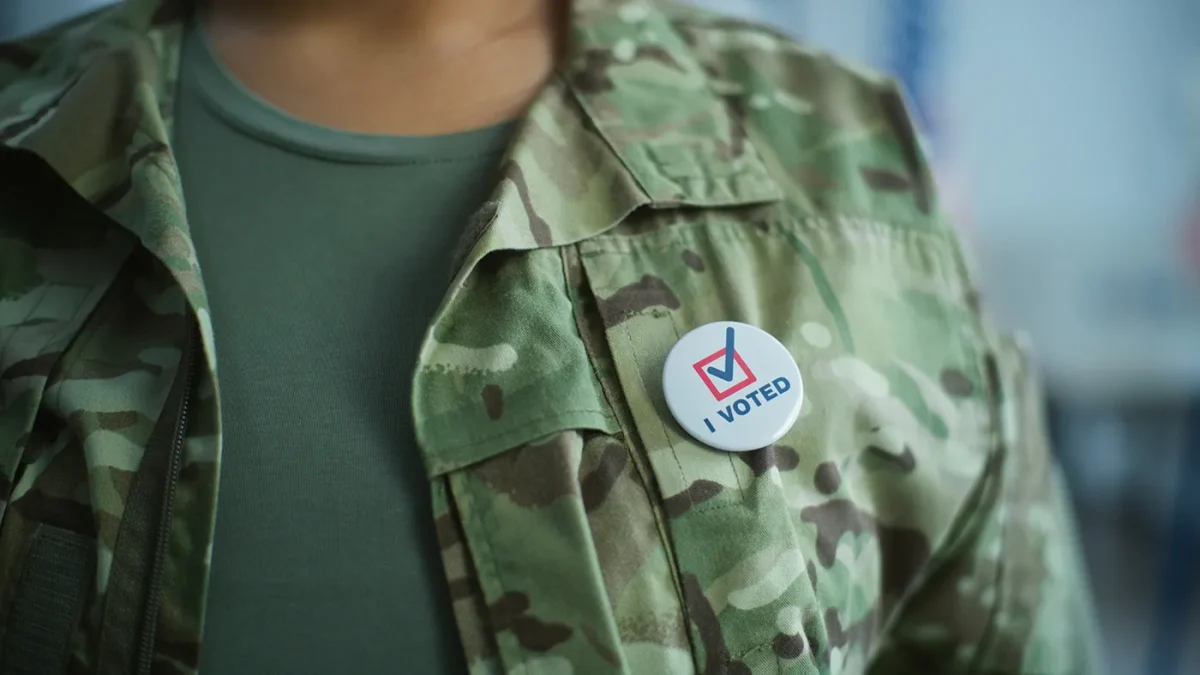The Republican Party is notorious for touting pro-military and pro-veteran declarations. As we brace for a second Trump administration, Americans must reflect on whether the party’s praise for our veterans — individuals who put their lives on the line to serve in our ill-conceived wars — matches their policies and actions. In reality, beneath the Republican Party’s hollow gestures of patriotism lies a troubling reality: when service members hang up their uniforms, the country they risked their lives for abandons them.
The Republican Party’s take on social welfare and infrastructure is indicative of inconsistencies in party beliefs and behavior. The Republican Party dragged its feet in passing the federal budget, knowingly jeopardizing veteran benefits. Their budget proposition imposed cuts to the Department of Veteran Affairs, thus creating social and financial burdens on the veteran population. Despite the evident need for support following military discharge, Republican legislators consistently oppose increasing these budgets, even when it stands to directly benefit veterans.
Furthermore, while taxpayer dollars are funneled into the multibillion-dollar military industrial complex, the United States disregards investment in infrastructure essential for improving the lives of its own citizens. In June 2024, the Republican-controlled House passed legislation like the Military Construction, Veterans Affairs, and Related Agencies Appropriations Act that actively decimates veteran familial support. This bill went as far as to strip funds from individual economic support systems to incorporate them into large military construction projects. This negligence marginalizes all low-income veterans who already face a troublesome path to reintegration.
A 2011 poll conducted by Pew Research Center found 27% of surveyed veterans struggled to reintegrate into civilian life after concluding service; this number bloated to 44% in respondents who served in the decade following the attacks on 9/11. Respondents who experienced “emotional distress” or severe physical injuries during service found reintegration particularly difficult.
The Republican legislature’s problematic voting record does more than impose emotional burdens on already trauma-ridden and distressed veterans — it actively undermines their chances at a successful reintegration into civilian life.
A 2014 study by Boston University found that veterans accounted for 9.2% of the homeless population, despite making up only 6.9% of the total U.S. population. Their overrepresentation in the homeless population is not an aberration; our nation’s lamentable infrastructure leaves veterans especially vulnerable to untreated mental and physical disorders acquired during service and in its aftermath.
Without comprehensive healthcare and support systems, veterans are bound to a lifetime of chronic instability, unemployment, and ultimately, homelessness. Neglect of veterans is not just a policy failure — it is a systemic betrayal of those who risked their lives for their country.
All of this underscores a harrowing truth: the party that professes to “support the troops” consistently neglects opportunities to better veterans’ lives following discharge. This willful hypocrisy is at the core of the Republican Party; they exploit veterans as props during campaign seasons, using patriotism to manipulate their constituencies while consistently failing to pass policies that address the systemic neglect of veterans.
Supporting veterans requires far more than “support our troops” bumper stickers and performative displays of gratitude — it demands meaningful change. It is time that Americans hold their leaders accountable and demand policy reform that upholds respect and “justice for all.”

















Kevin Courtney • Jul 23, 2025 at 3:09 pm
Ms. Bigwood’s articulate thoughts are well received by this UCSD alumni (c/o ’14) and Marine Corps veteran. As a military and veterans law attorney today, I also see our veterans struggling to cope with the transition from service member to veteran. Politicians should aim to use the congressional purse to fund meaningful opportunities for veterans. Most veterans are not looking for a handout–but the transition back to civilian life is challenging regardless of rank. Opportunities for veterans to reenter communities should be encouraged rather than used as 60 second TikTok clips during a campaign season only to be forgotten moments later.